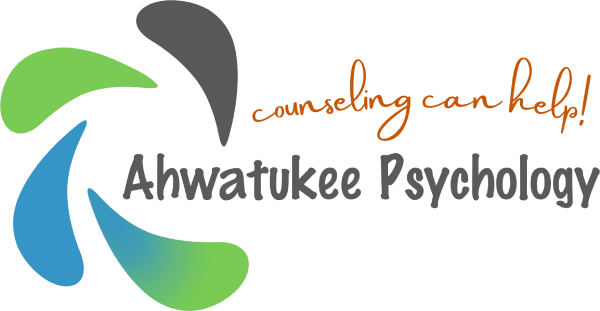
Authenticity
What do people mean when they talk about being their “authentic selves?” It seems like everyone is using the word authentic lately, or some version of it. It seems to come up in the counseling office more and more.
As human beings, we go through multiple experiences from childhood to adulthood. We know what we think and feel about people and situations along the way. We also know, for a variety of reasons, which of those thoughts and feelings are ok to speak out loud. And we know, usually influenced by a variety of factors, which of those thoughts and feelings are not ok to speak out loud (maybe even not ok to have)!
I like to think that we all have the “real self” that we are familiar with and the self we present to the world. I refer to the “real self” as the “authentic self.” The self that is me without filters. The self that exists only in my mind and in my experience. The self I guard from others for fear of rejection. The self that has been told over and over (by parents, siblings, neighbors, teachers) that, if fully exposed, would not be appropriate, or liked by others. So we all turn into actors of sorts. We develop “masks” to cover the authenic/unacceptable self. We usually have a variety of masks, in a variety of thicknesses, to cover and protect our authentic self.
Some of us have more masks than others. We usually don’t know we are developing them and sometimes we don’t even know we are putting them on! The masks usually have names that are associated with the way you have come to believe people want to see you. You might have a mask called “happy” and a mask called “reasonable” and a mask called “chill.” The masks are almost always associated with the expectations you believe others have of you… the things that will least likely lead to rejection.
Many people will continue to use the masks successfully for a lifetime. Most of us, however, will find ourselves in a situation when we realize the masks are no longer working for us or no longer working as well for us as they used to (maybe with certain people and/or certain situations). How will you know when this happens? You usually start to feel it in your head, your heart or your body! You will notice that you don’t feel good. You might feel disrupted, twisted, stuck, anxious, sad. Some people will call it midlife crisis. Some people will call it depression. Some people will call it anxiety. Some people will call it anger. Most people don’t know what to call it but they know, deep in their heart, that something is off. Some people will say, “I feel like I’m not myslef,” or “I lost myself,” or “I hate that I’m not being authentic.”
All human beings participate in what psychology refers to as “impression management.” We all have a tendency to act a little differently depending on the person or the situation in front of us. The masks are a way to manage the impression others have of us, or so we think, knowingly or unknowingly. How familiar are you with the ways in which you manage your impression? How do you do it, why do you do it, do you want to continue to do it? So many questions, so few answers! I have found that personality inventories can help us better understand how each of does this, particularly the Enneagram of Personality. Want to better understand the personal masks you wear? I recommend you schedule an assessment with a certified Enneagram informed professional such as the therapists at Ahwatukee Psychology in Phoenix, Arizona. Learning to manage our masks can make a world of difference in our psychological and emotional well-being.
